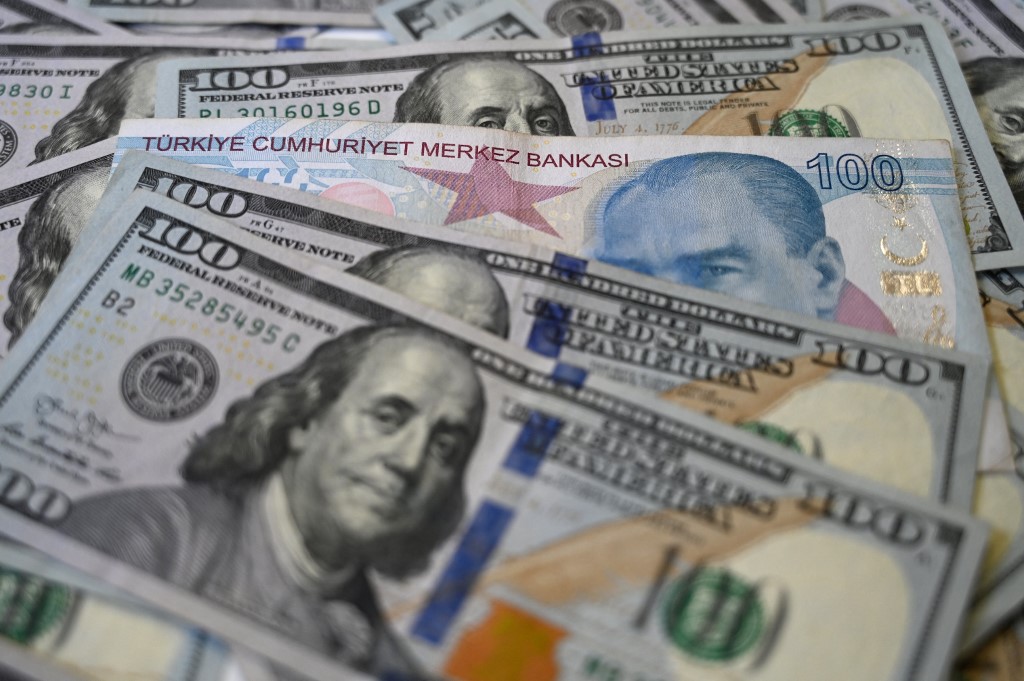The Turkish central bank incurred a loss of 818.2 billion lira ($25 billion) in 2023, which marked a significant change from previous years of profits, mostly due to the substantial increase in interest rates and the expenses associated with a government-supported savings program aimed at protecting depositors against currency depreciation, Bloomberg reported on Friday.
The result, which compares with a profit of 72 billion lira in 2022, means the central bank will have to forgo a transfer to the country’s treasury at a time when the budget is running a large deficit. But the staggering loss also draws attention to a mechanism — known locally as the KKM — that is supposed to act as a backstop for the lira, which the authorities introduced at the end of 2021 and are struggling to unwind.
Hakan Kara, the central bank’s former chief economist, said on social media platform X that the loss was a reflection of the “world’s most costly economics experiment,” referring to the KKM.
The Turkish monetary authority is far from the only one suffering financial problems this year. The European Central Bank also recorded its first loss in decades due to earlier stimulus measures and higher borrowing costs. In Turkey, after years of extremely low interest rates driving up inflation, policymakers began raising the key interest rate from 8.5 percent in June 2023 to 50 percent in March.
The savings program, which protects lira deposits from depreciation against hard currencies, has proved to be one of the biggest challenges facing officials as they try to steer policy on a more conventional course. A new team of technocrats appointed in June last year has sought to dismantle the instrument by raising interest rates and encouraging a switch to regular lira deposits.
The program still has the equivalent of about $70 billion in foreign exchange-linked savings.
Under the existing mechanism, lira depositors can hedge against currency losses by receiving government-guaranteed compensation for any depreciation that exceeds the interest on the accounts. The costs of the program, which were previously split between the Ministry of Finance and the central bank, were fully transferred to the monetary authority in July of last year.
Bloomberg quoted İstanbul-based economist Haluk Bürümcekçi as saying that the KKM was “an important contributor” in the central bank’s loss. A more detailed breakdown should be available when Governor Fatih Karahan presents the results at the central bank’s annual meeting with shareholders, scheduled for this month, Bürümcekçi said.

